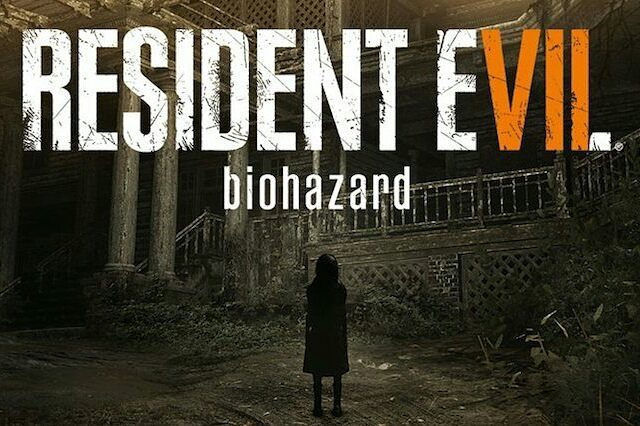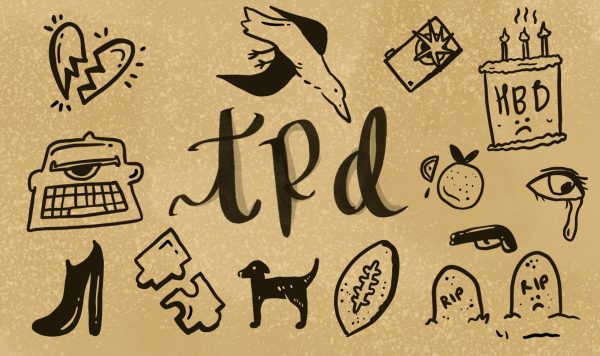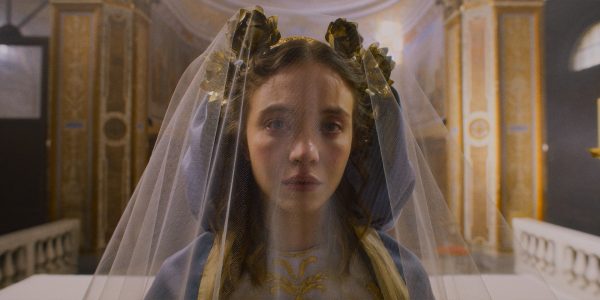New ‘Resident Evil’ game recycles female plot devices
With the development of a new horror genre in video games, many classic horror games have been written off as cheesy and boring. A new addition to the “Resident Evil” franchise has managed to adapt to this new genre while creating a new cast of characters with a new storyline to boot. Despite the terrifying Baker family and their zombified counterparts, the plot is predictable and clichéd due to the use of female plot devices, which makes the female characters (Mia and Zoe) a means to an end rather than giving them actual personalities and depth.
The game opens with a video message from the main character’s wife, Mia, who is taking a “babysitting job” away from home. The video is a standard “I miss you and can’t wait to come home” message and ends with Mia saying goodbye to her husband, Ethan.
From the player’s point of view we see someone typing on the laptop the message was playing on, and the camera turns on, revealing a distressed Mia. She begins recording another video message, and warns Ethan to stay away.
Cut ahead three years later, we discover that Ethan received a mysterious email from Mia, telling him to come get her at the address she listed. Despite the warning he may or may not have seen, Ethan drives to the address in Dulvey, Louisiana, discovering what appears to be an abandoned plantation. The player is given control of Ethan and, after searching through the house, Ethan finds Mia in a cell. After a few minutes with her, she seems to become possessed and attacks Ethan, alerting the owner of the plantation, Jack Baker, to their presence.
The player is introduced to the rest of the Baker family in a horrific dining-room scene, and it becomes clear that the goal of the game is to get off the plantation with Mia without being killed by the Bakers, who seem to be mutated by a strange disease.
Mia is the first device we are introduced to, as she is the driving force behind Ethan’s discovery of the plantation. The next device is Zoe Baker, who, for some reason, isn’t mildly infected like the rest of her family. She helps guide the player through the plantation via mysterious yet convenient phone calls scattered about the house.
Later in the game, Ethan is given the choice to either cure Mia or Zoe with an anti-virus serum. Just giving the player that choice is cliché. While both characters have good cause to live, you may or may not pick one based solely on how you feel about Mia. She had been rather annoying and was a pretty basic character from the beginning; Zoe seems like a more well developed character with an interesting story to tell. If the player chooses Mia, Zoe dies later in the game. If the player chooses Zoe, then she dies almost immediately, and Mia dies later in the game.
While the premise of the game is interesting and the actual style of it is much different from the previous “Resident Evil” games, the expendable characters make the game a lot less interesting and de-values it. It is too much like other horror games on the market. Had the game given depth to Zoe and Mia, the story would have been more interesting for players, rather than keeping it so two-dimensional. The true horror to horror games is the “what if” factor. What if this came true? What if this were real? You want the players fully immersed and feeling something for the characters, and Resident Evil 7 didn’t deliver on that front.












